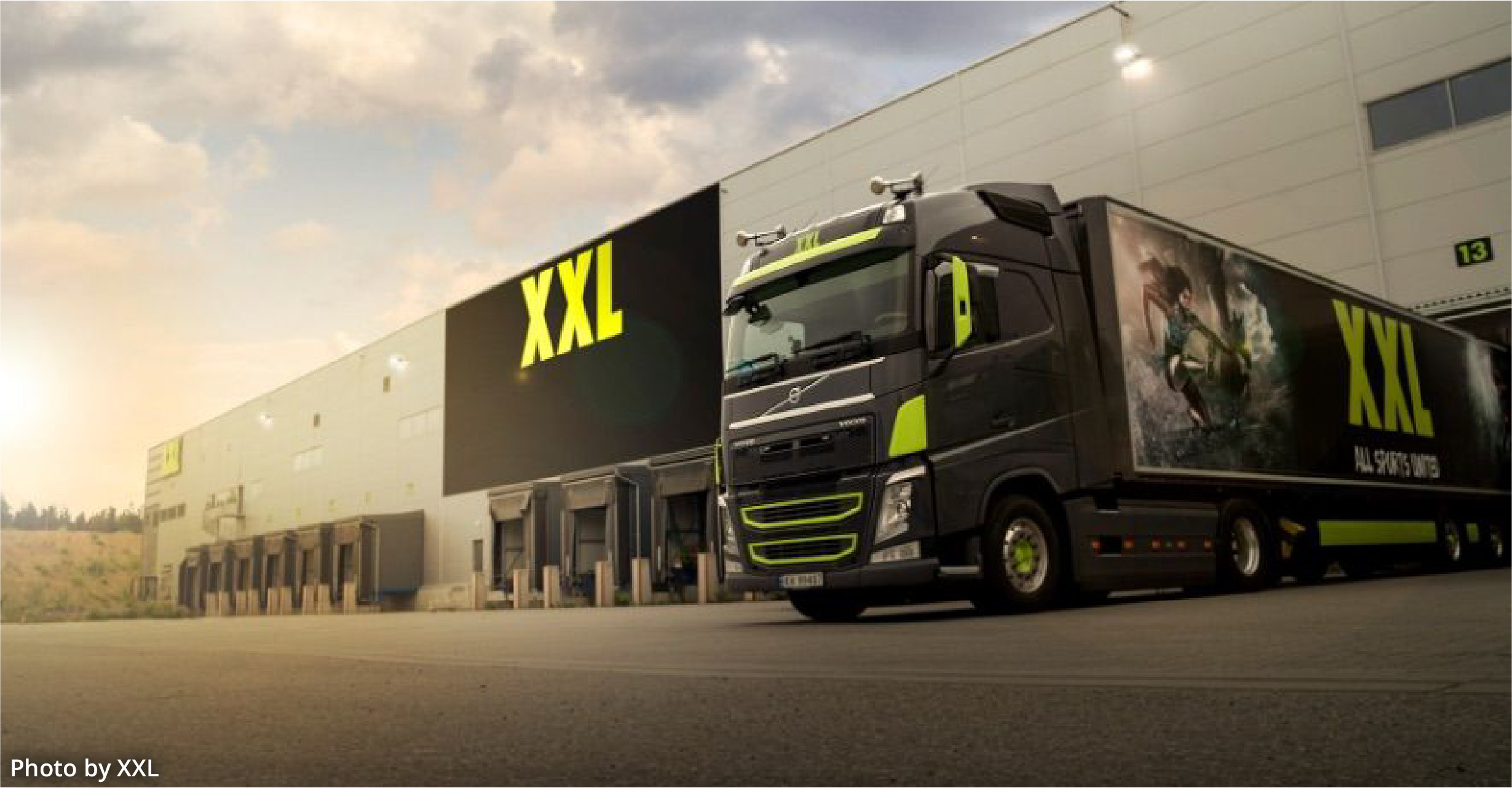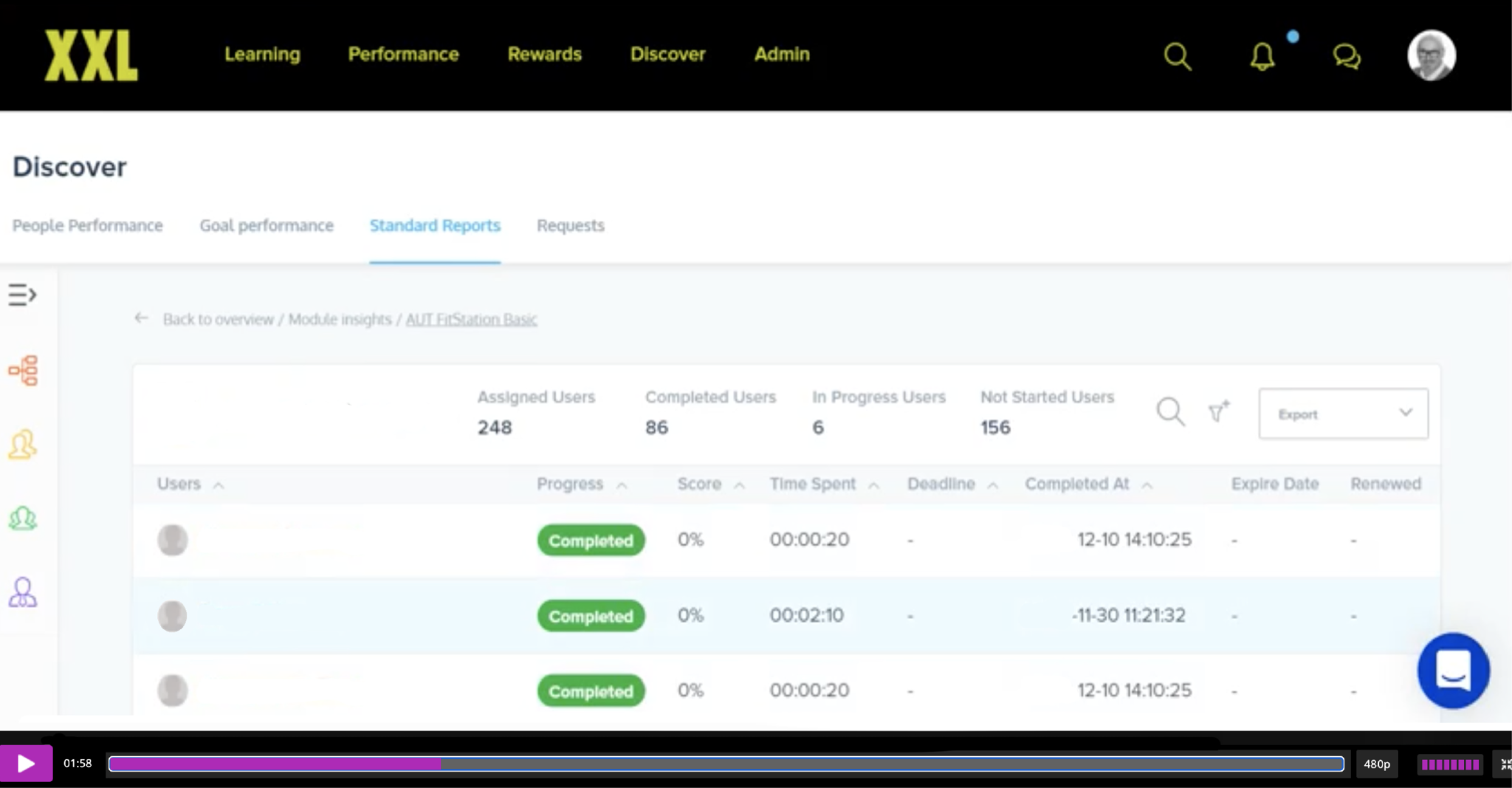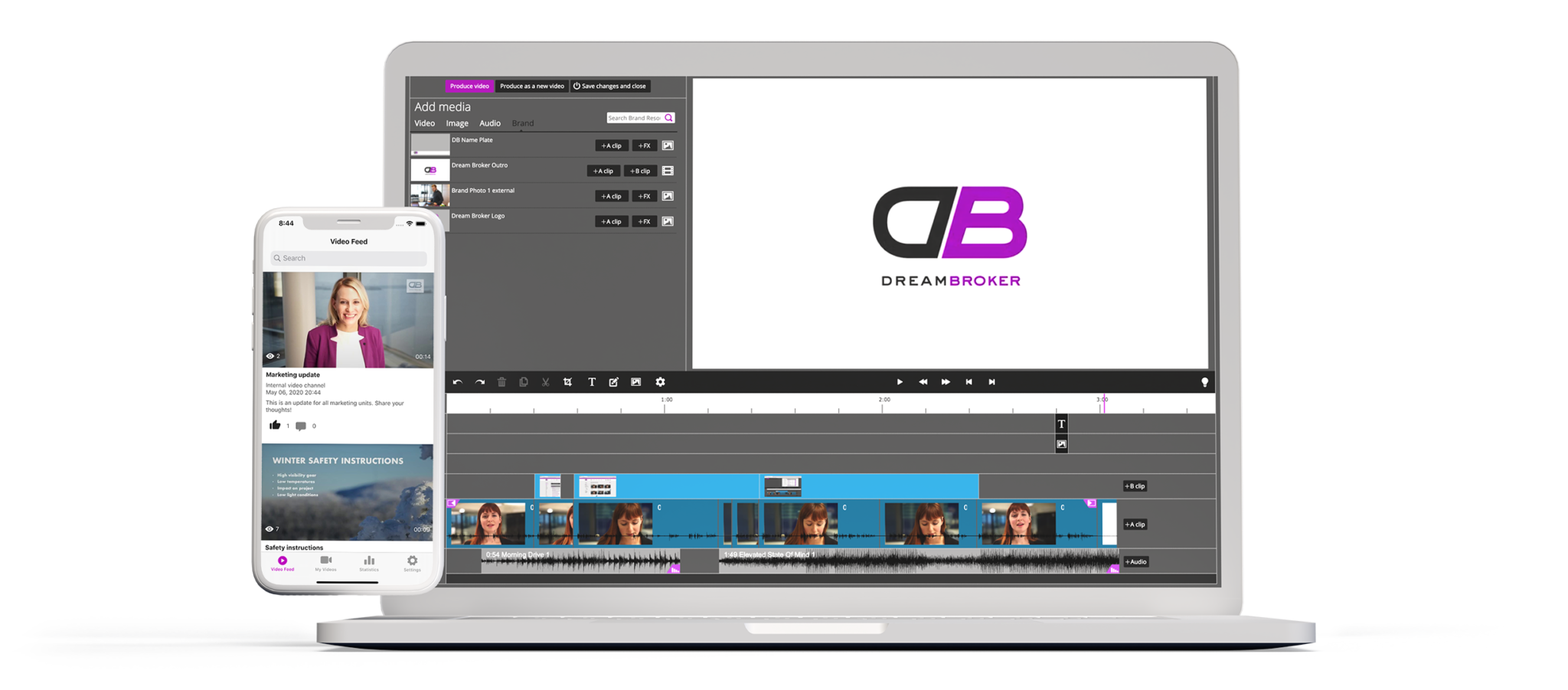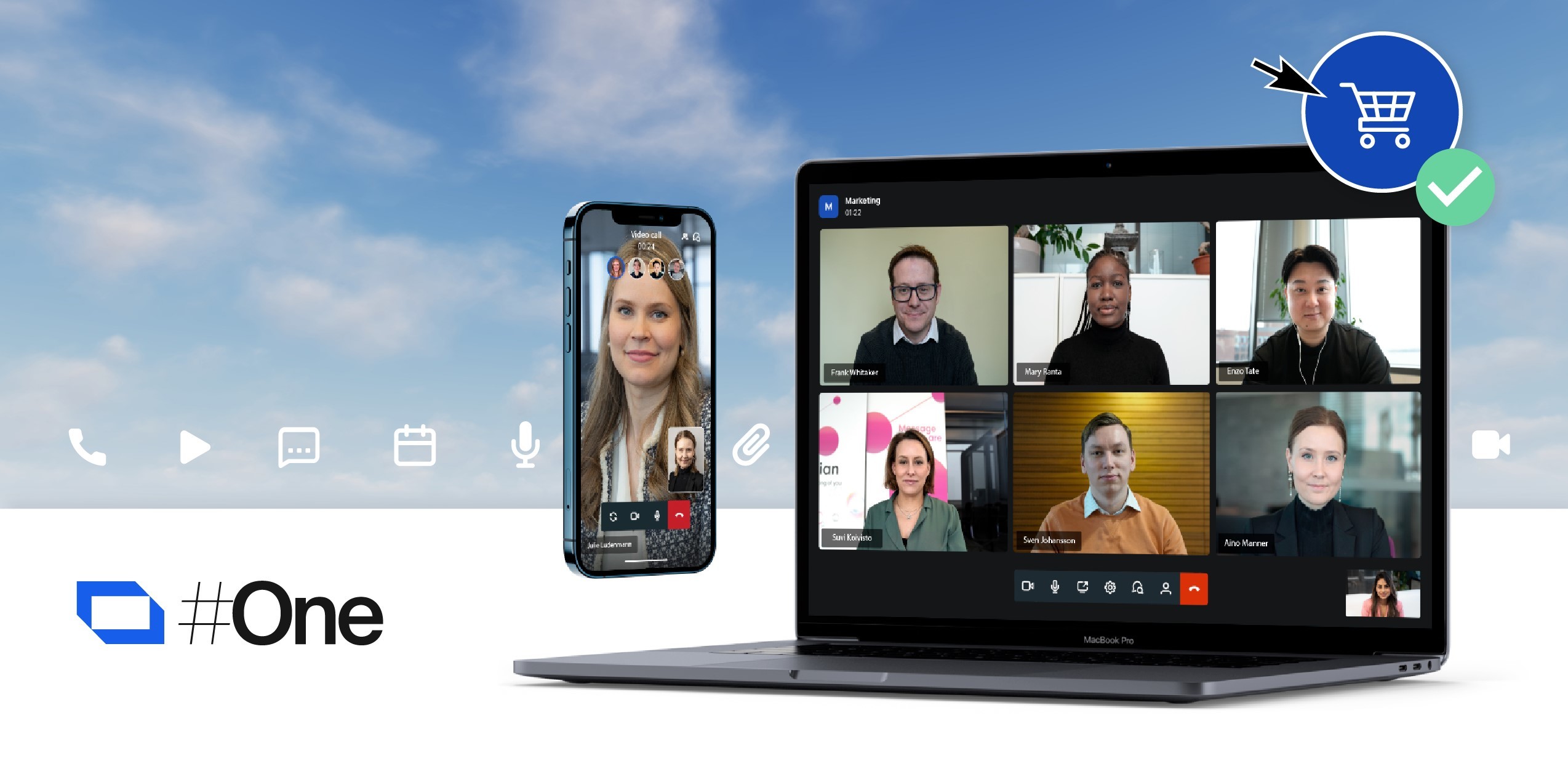How Nordic Sports and Outdoors Giant XXL Unlocked Their Success and Compounded Their Growth
Posted on: August 3, 2021 | Software | General

In the Nordics, when someone is looking to purchase some sports or outdoor equipment, chances are they will go to an XXL store. This is because they trust that they will find the predictability of well-known brands, enjoy a wide selection of products, and they won’t be overcharged. It is through these simple business values that XXL grew to become the market leader in the Nordics, with over 90 megastores selling well-known sports brands and outdoor gear.

Sometimes, meteoric growth can be attributed to luck, but in the case of XXL, it was hard work, intelligent business decisions and a strong culture of ‘doing things right,’ that led to the company achieving such enviable business success. So, what can we learn from this burgeoning Norwegian company that can be applied to other businesses?
There are many pillars required to sustain the growth of a business, and it is no secret that communication is key in every business, of any size. However, some keys are difficult to use, and just having the key does not enable the door to be unlocked.
Simply knowing that communication is critical to business success is not enough to achieve it. As it was one of the world’s fastest growing retailers of sports and outdoor goods, XXL recognised this and began extensive research and investigation into how to turn “communication” from an obscure caption on a motivational poster, into concrete business gains. Jon Harald Espolin Johnson is the Head of Training and Development – Group Operations at XXL, and in commenting about their successful growth, he stated: “All in all, we are about 5,000 people. To be successful, we need highly skilled and motivated people. In general, we are increasing our online training capacities, and COVID-19 accelerated this”.

The trademark grey buildings, with the neon green signage are practically a part of the landscape of Northern Europe, almost as recognizable as the Golden Arches. For years, this iconic Norwegian brand has been steadily growing and expanding, providing a textbook example of scalable business growth to a population who are no strangers to successful business.
In addition to the well-known and popular physical stores, Johnson explains that they “…have a very strong and growing e-commerce business”. Obviously, the entire global economy underwent significant changes due to COVID-19, with e-commerce being a major focus worldwide.
Without disregarding this trend, XXL believes that a healthy balance between online retail and physical stores is important. Managing Director of XXL Austria, Magnus Kreuger said “In these challenging times, it is particularly gratifying that we will open the eighth [Austrian] branch in Klagenfurt in 2021. I am very proud of it. Now is the right time and the location is perfect.”

With news channels flooded with reports of companies like Amazon reporting it “had doubled its quarterly profits with net sales rising by 40%” (The Guardian, 18/11/21), it could seem that e-commerce was leaving brick-and-mortar stores in the dust. This makes it easy to question XXL’s decision to continue investing in physical stores. However, reports by such publications as the Financial Times suggest that the data tells a different story. A dive into the 2019 FT 1000 ranking of Europe’s fastest growing companies claims that “The answer is online, or with a calibrated mix of web and bricks-and-mortar sales.”

Clearly, focusing on both e-commerce and physical stores is one of the successful strategies that XXL employed. But this is easier said than done, because as we have already established, communication is key. For a company as large as XXL, especially one that is growing at a similar rate, having effective, meaningful communication systems in place is absolutely critical.
One of the traps a lot of businesses fall into, is relying on outdated methods of communication, such as email, to handle things such as trainings, updates or announcements. A manager or CEO may spend days creating and honing a company-wide email, notifying staff of a particular update, new system or process, with the result often being only marginally better than not communicating at all.
The reason for this is that as a method of communication, email is relatively limited, and almost dangerously ineffective. In this and practically every cases where information is coming from a senior management position and being transmitted to large swathes of employees, an email is a one-way communication method.

Nobody ever replies to these kind of emails, so there is no direct response that the information was received. Worse than that, it is almost impossible to get any data or metric on how many people saw the email and/or opened it. Even if this data is accessible, there is no way to know if the whole email was read. Even worse still, speaking of accessible data, email as a medium is not cyber secure!
In addition, no matter how carefully the email is crafted, there is nothing inspiring about it. Email has become the most reviled communication tool in business, representing a faster, cheaper fax machine. Well respected business magazine Forbes has published a plethora of content, damning the medium;
“Today, we get excited when we manage to empty an inbox, as if it were an accomplishment. The effort we put into this daily disposal ritual is silly, considering most of what we receive is clutter. Email is failing because it’s not productive to spend hours managing your means of communication.”
One of the reasons why email is still so widely used, is because everyone has it. But for larger companies, emails are far from the best solution to communication. The above reasons are just a few examples as to why. So, what is the solution?
Like all of us, XXL recognised that communication was critical to their continued success. What they did differently, is they understood that it required further development. As an example, companies with large and/or scattered workforces can struggle to manage employee trainings. Online training has been largely underdeveloped in recent history, and suddenly became an international necessity with the COVID-19 pandemic. With companies all around the world looking for ways to successfully manage the training of their employees, the search for solutions has grown drastically. Jon Harald commented:
“A key question we asked ourselves was what is high quality training content? We realised that to reach out and engage our people, we need to create more video-based training content. So last year we searched the market and luckily, we found Dream Broker”
One of the key findings that XXL realised, was the value of video based content. The explosive growth of video content consumption in just the social media sphere recently indicates a new pattern in the Information Age;
If we consume so much content in video form in our private lives, why wouldn’t it work in a business environment?
As a medium, it is rivalled only by face-to-face (f2f) meetings in terms of how effectively information is exchanged and absorbed and although it may come as a surprise, utilising video in a business environment is more accessible than ever. It no longer requires huge budgets, reels of film and a lifetime of filmmaking skills. With the right tools, an effective, professional video can be created by anyone in less time than it takes to prepare for an in-person meeting.

Another thing to consider is that once made, a video is a reusable asset, unlike a manager’s time. A video can be replayed over and over, without requiring any further time for meetings. This is one example of how a video can prove to be even more advantageous than a f2f meeting.
But beyond repeatability and saving time, video affords another metric that is oft overlooked when compared to f2f meetings, and that is trackability. It can be widely assumed that if someone is present in the meeting room, that they are absorbing all the knowledge and information that is coming at them during the meeting. But listening, and understanding are two very different things. How often have you noticed someone whose attention wanders in the middle of a meeting?
There has been a recent uptick in journals and medical papers publishing evidence to corroborate that which most of us already assumed; we all learn differently. Some people may have the ability to sit and absorb information as it flows to them, for hours on end. There are many others, though, who may absorb information better a different way, and this does not make them any less effective.
So, whilst someone may be physically in the meeting room, they may not be absorbing all the information. It is not acceptable to just get up and walk out of a meeting when your attention wavers. A video, however, can be paused, and returned to when it suits you best, meaning you are able to consume the information on your own terms, in a way that best suits your learning method. Furthermore, with access to analytic data like this, you have a much more comprehensive review of what information has been consumed and understood, not just delivered.

In Dream Broker Studio, you can capture, edit, share, manage and analyse video content on anywhere, on any device, all in one entirely cyber secure platform. When asked about why he chose Dream Broker, Johnson commented:
“In Dream Broker, it is so easy to capture, to edit and to share, and we’ve seen that after just two hours of training, our employees are ready to launch self-made videos. Regarding support, Dream Broker offers local offices in our operating countries. To be honest, we are really impressed by the service level they offer, and there are no hidden costs. To sum up, we are really happy working with Dream Broker.”
Dream Broker Studio enables you to onboard new employees faster and continue to train existing ones. Reinforce the employer brand and let your employees tell their stories. Build a culture of sharing know-how through video. Reach and teach your employees no matter where they are located.
Whether you work in HR, IT, Marketing, or any function in the organisation, you can save time and costs by using online videos as a communication and leadership tool.
At Dream Broker, we help our customers lead their markets. That is how we became market leaders ourselves. We don’t simply sell a software, we help our customers reach their business goals through effective leadership, training, and communication.
Latest News

Posted on: May 30, 2025

Posted on: March 3, 2025

Posted on: December 10, 2024